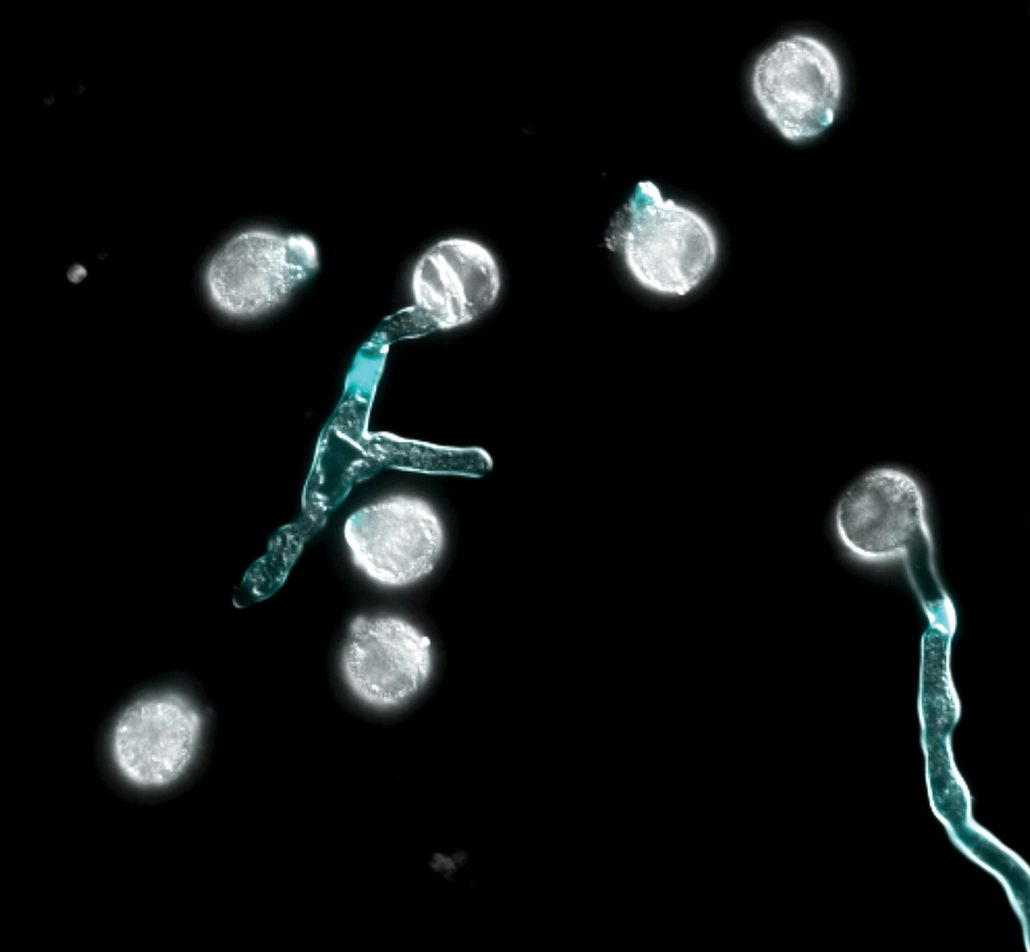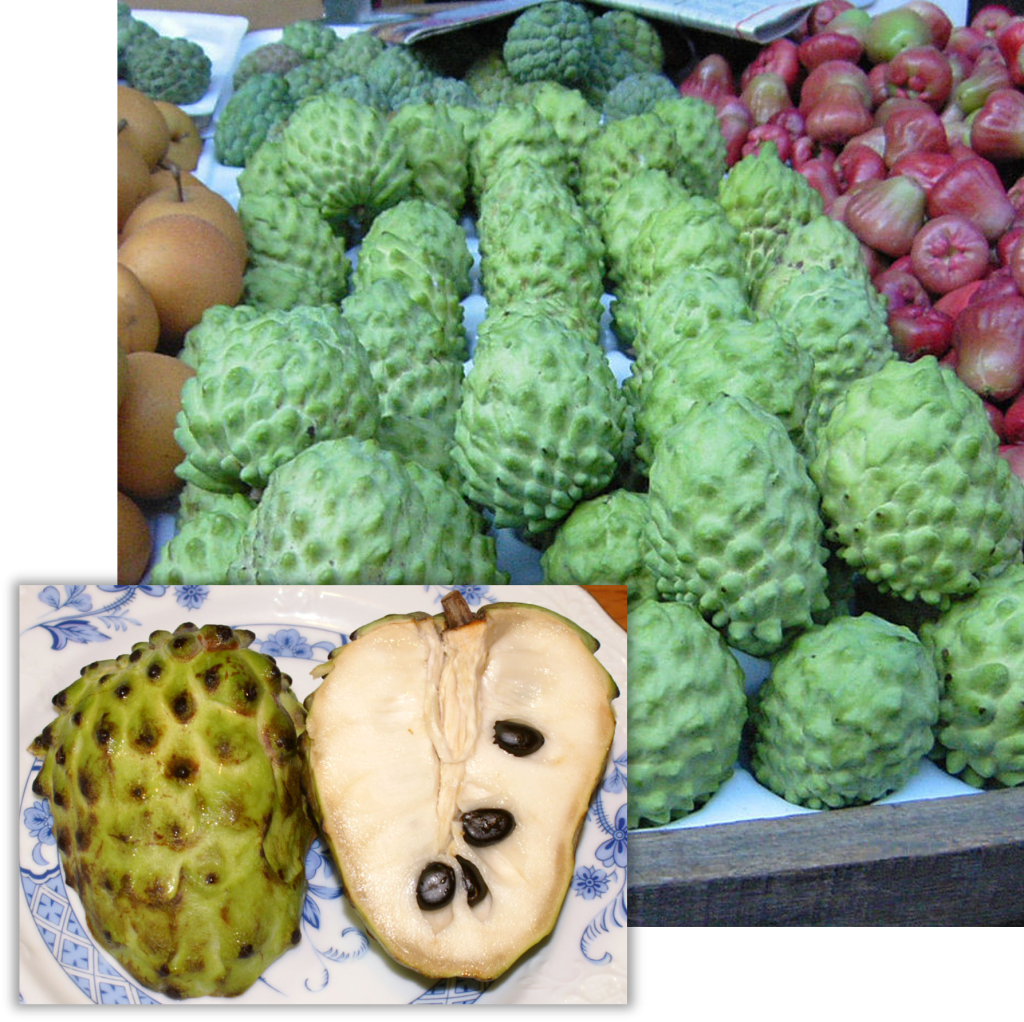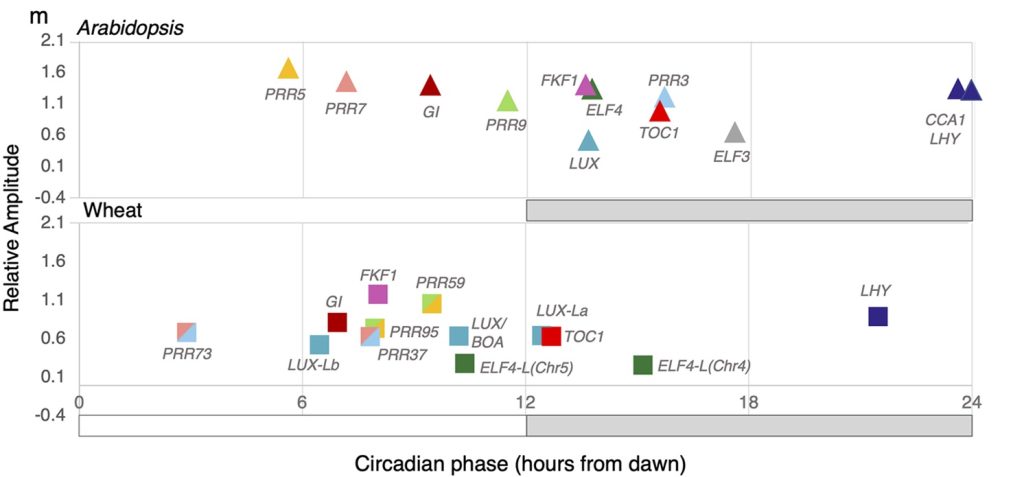
Neo-polyploid infertility associated with defective pollen tube growth
Plant Science Research WeeklyPolyploidy, arising from whole-genome duplication, is a common phenomenon in plant species. However, newly formed polyploids are often infertile and the mechanism(s) by which they adapt to their new karyotypes remain unclear. In this article, Westermann and colleagues chemically induced the formation…

Review: Complementing model species with model clades
Plant Science Research WeeklyWithout doubt, Arabidopsis thaliana has thoroughly demonstrated its usefulness as a model species. In this interesting article by Mabry et al. (with an impressive author list!), the authors propose to expand the Arabidopsis toolkit to encompass its entire order – its family of families, the Brassicales.…

Hydraulic trade-offs underlie enhanced performance of polyploid trees under soil water deficit
Plant Science Research WeeklyThe (apparently delicious) fruit called atemoya is produced from a hybrid of Annona squamosa (sugar apple) × Annona cherimola (cherimoya), native to the American tropics but now grown widely. The hybridization event led to plants with several ploidies; diploid, triploid and tetraploid, which serve as…

Circadian regulation of the transcriptome in a complex polyploid crop (PLoS Biol)
Plant Science Research WeeklyCircadian regulation fine-tunes patterns of gene expression in plants in changing environments and has been selected for during crop domestication. Many studies have been done on circadian gene expression in Arabidopsis, but far less is known about this regulation in hexaploid bread wheat, especially…

Genomes losing balance – what is the consequence?
The Plant Cell: In a NutshellShi et al. (2021). Plant Cell. Gene expression in diploid aneuploids and polyploids. Plant Cell. https://doi.org/10.1093/plcell/koab030
By Xiaowen Shi and James A. Birchler
Division of Biological Sciences, University of Missouri, Columbia, MO 65211
Background: A change in the number of chromosomes…

